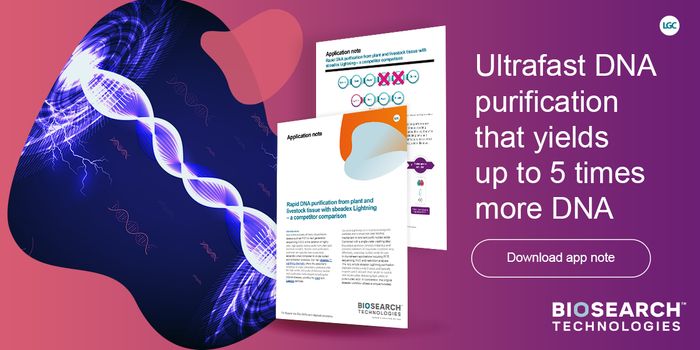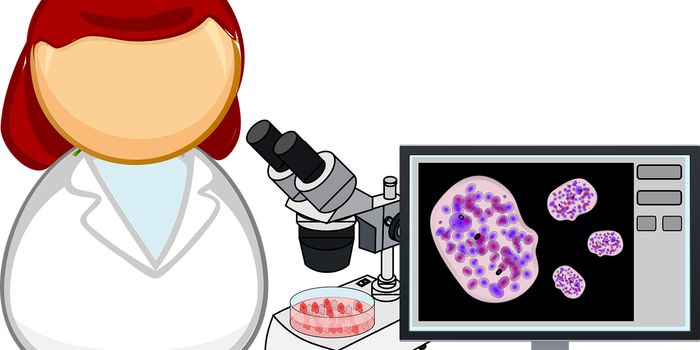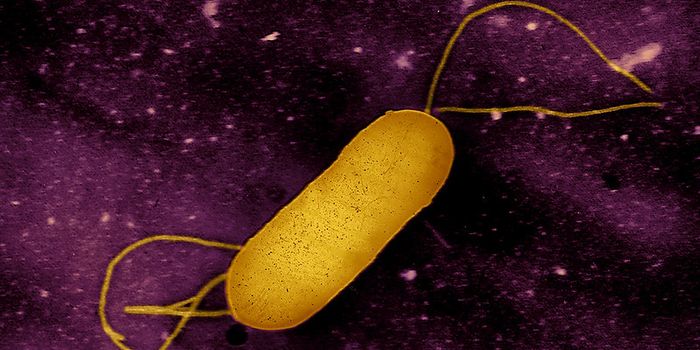New Tool Aims to Assess How Organisms Respond to Climate Change
Researchers have developed a new technology that will enable scientists to study biological responses to different environments in whole organisms. They are hopeful that the tool, which can automatically take measurements of the shape, size, heart rate, and movement of organisms during the early stages of development, will have a big impact. Events that occur during developmental stages can impact an organism throughout its life, making it important to understand how environmental influences affect growing animals. The scientists have reported the technology, called EmbryoPhenomics, in PLOS Biology.
"It has been a huge challenge to reach this point, but at every stage of building this technology we have observed new phenomena, and that's really exciting. The technology we have now is giving us an insight into embryo development that has previously been impossible,” said the lead author of the study, Dr. Oliver Tills of the Marine Biology and Ecology Research Centre. He started working on EmbryoPhenomics about nine years ago during his baccalaureate degree.
EmbryoPhenomics includes OpenVIM, a robotic video microscope that can capture hundreds of marine embryos over long time periods, and EmbryoCV, an analytical software tool that automatically measures a changing embryo as it moves through the developmental process.
“The amount of data we are generating is vast and this is enabling us to assess the impacts of raised temperatures, salinity and more in ways that we could never have previously imagined. This technology has the potential to be a real game-changer in assessing the biological impacts of current and future climate change,” Tills added.
For this work, researchers at Plymouth and the Italian National Research Council's Institute of Marine Science used two common invertebrate species: a marine shrimp called Orchestia gammarellus, and Radix balthica, a pond snail. They conducted four experiments which generated an astonishing 30 million images from over 600 developing embryos.
One experiment showed that growth rates, movement, and heart rates increased in embryos that developed at 25 degrees Celsius compared with those grown at 20 degrees, a predictable and expected change. However, in embryos that grew at 30 degrees, a temperature that is now typical in their natural environments, there was a marginal decrease in growth rate and movement while their heart rate increased far more than the increase that was seen between 20 and 25 degrees. The researchers are now investigating this phenomenon further with EmbryoPhenomics. There were also points in their experiments at which an embryo underwent a lethal repose to the environmental changes - it died.
EmbryoPhenomics is useful, said the researchers, for understanding many environmental changes. They expect that although this work used only two species, it will apply to others.
"This is not just about taking a quick snapshot but seeing in detail how organisms put themselves together. The early stages of an embryo's development are its most sensitive and there are many factors which could lead to organisms not progressing from that phase to become adults. By understanding these in more detail we can begin to build a picture of what we might be able to do to ensure biodiversity is not lost as our climate changes,” said Professor Simon Rundle.
The video above from Kaiser Permanente explores how climate change might impact human health.
Sources: AAAS/Eurekalert! via University of Plymouth, PLOS Biology










